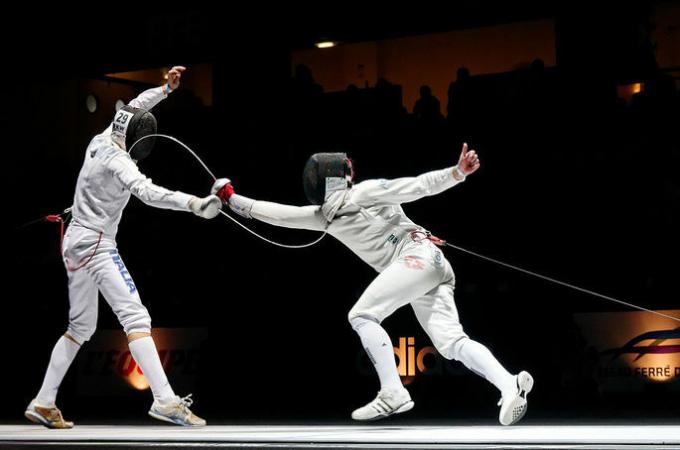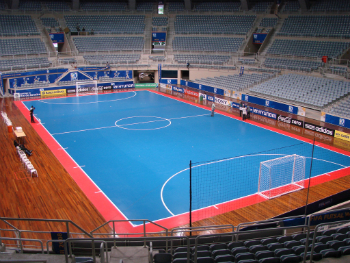A few years ago, the scenes that TV news broadcasts showed, showing the violent reality in stadiums, in football matches, were impressive. Due to some people dead and many injured, the cheering groups organized in the stadiums were even banned. This generated the “fan statute”: law 10,671, of May 15, 2003, was intended to contain violent attitudes in stadiums.
The status of the fan begins as follows: “Art. 1 - This statute establishes rules for the protection and defense of the supporter.” In other words, it is thinking about the protection of those who go to stadiums that the 2003 law was enacted. Chapter five of this law deals specifically with the subject of safety: “The safety of the fan participating in the sporting event”. Some paragraphs that seek to ensure some of the fans' rights will be described below:
- Art. 13 - The fan has the right to safety in the places where sporting events are held before, during and after the matches.
- Art. 16 - It is the duty of the entity responsible for organizing the competition:
I - confirm, with up to forty-eight hours in advance, the time and place for the performance of matches in which the definition of the teams depends on a previous result;
II - take out personal accident insurance, having as beneficiary the fan holding a ticket, valid from the moment he enters the stadium;
III – provide one doctor and two standard nurses for every ten thousand fans present at the match;
IV – provide an ambulance for every ten thousand fans present at the match;
V – notify the health authority in advance of the event.
In recent years, the situation has improved a lot, but it is still far from being resolved. Therefore, thinking of ensuring greater security in the stadiums, President Lula signed another law – Law 12,299 – which reformulates the former status of fans. This law was signed on July 27, 2010 and is intended to definitively resolve the issue in question. This is how the law is described: “Provides for measures to prevent and repress the phenomena of violence during sports competitions; amends Law 10,671, of May 15, 2003; and takes other measures”. The provisions of the new law follow:
- Art. 1 - It is the duty of every individual or legal entity to collaborate in the prevention of unlawful acts and violence practiced during sports competitions, especially acts of violence between fans and twisted.
Do not stop now... There's more after the advertising ;)
- Art. 1oA - The prevention of violence in sports is the responsibility of the public authorities, confederations, federations, leagues, clubs, associations or sports entities, entities recreational and fan associations, including their respective leaders, as well as those who, in any way, promote, organize, coordinate or participate in the events sports.”
Art. 39-A - The organized fans that, in a sporting event, promote riots; practice or incite violence; or invade a place restricted to competitors, referees, inspectors, officials, organizers or journalists will be barred, as well as its associates or members, from attending sporting events for a period of up to 3 (three) years old.
Art. 41-B -§ 1st The fans who:
I - promote riot, practice or incite violence within a radius of 5,000 (five thousand) meters around the location of the sporting event, or during the round trip from the location of the event;
II - to carry, detain or transport, inside the stadium, in its surroundings or on its path, on day of holding a sporting event, any instruments that can be used for the practice of violence.
If the new measures are actually put into practice, the fans will certainly incur less violence. Article 2 is interesting, as it clarifies that combating violence is the responsibility of all areas participating in the championship. It is very common to believe that violence in the stadium is solely a police responsibility. This is not true: if tickets are not sold in more than the number of seats, if fans do not want to harm others, if fans organized do not encourage violence and if the stadiums offer good conditions, the level of violence will certainly be reduced and then the police will not will need to act.
By Paula Rondinelli
Brazil School Collaborator
Graduated in Physical Education from the São Paulo State University “Júlio de Mesquita Filho” – UNESP
Master in Motricity Sciences from the São Paulo State University “Júlio de Mesquita Filho” – UNESP
PhD student in Latin American Integration at the University of São Paulo - USP
Soccer - PE - Brazil School


